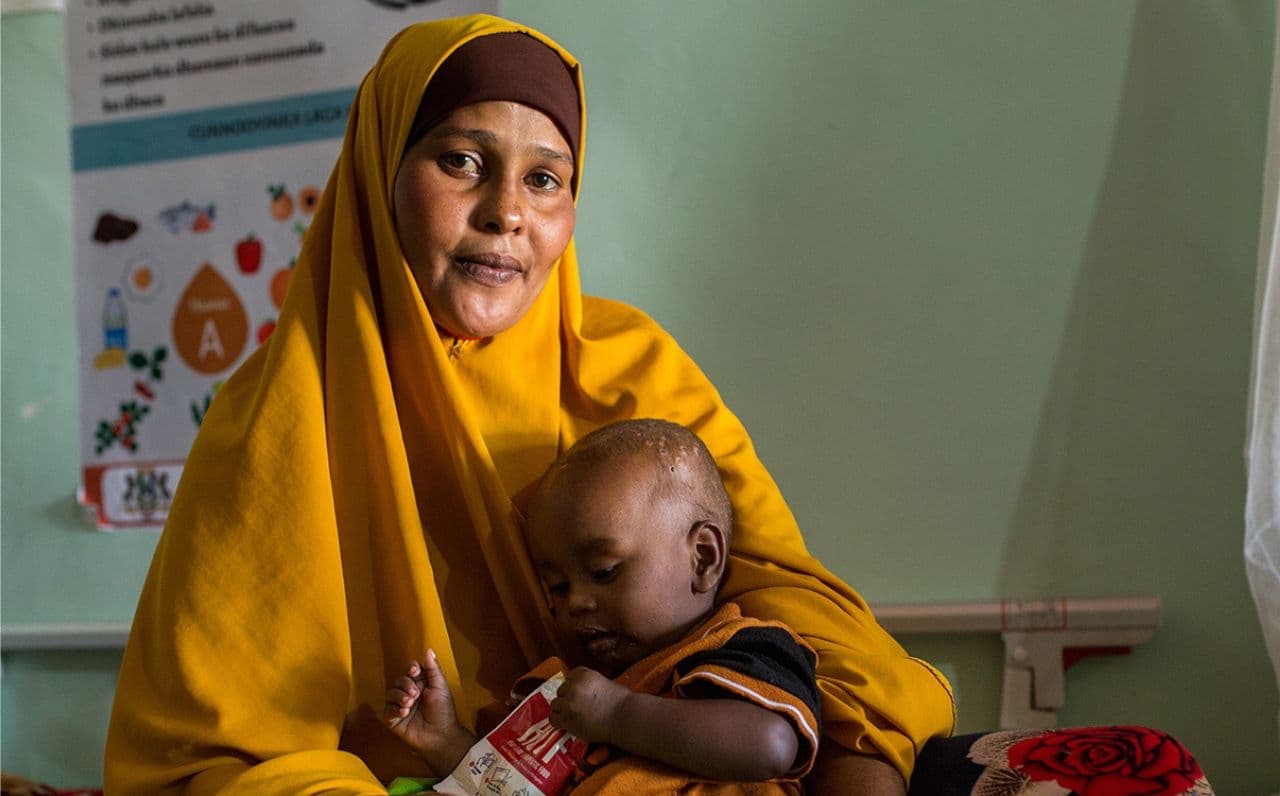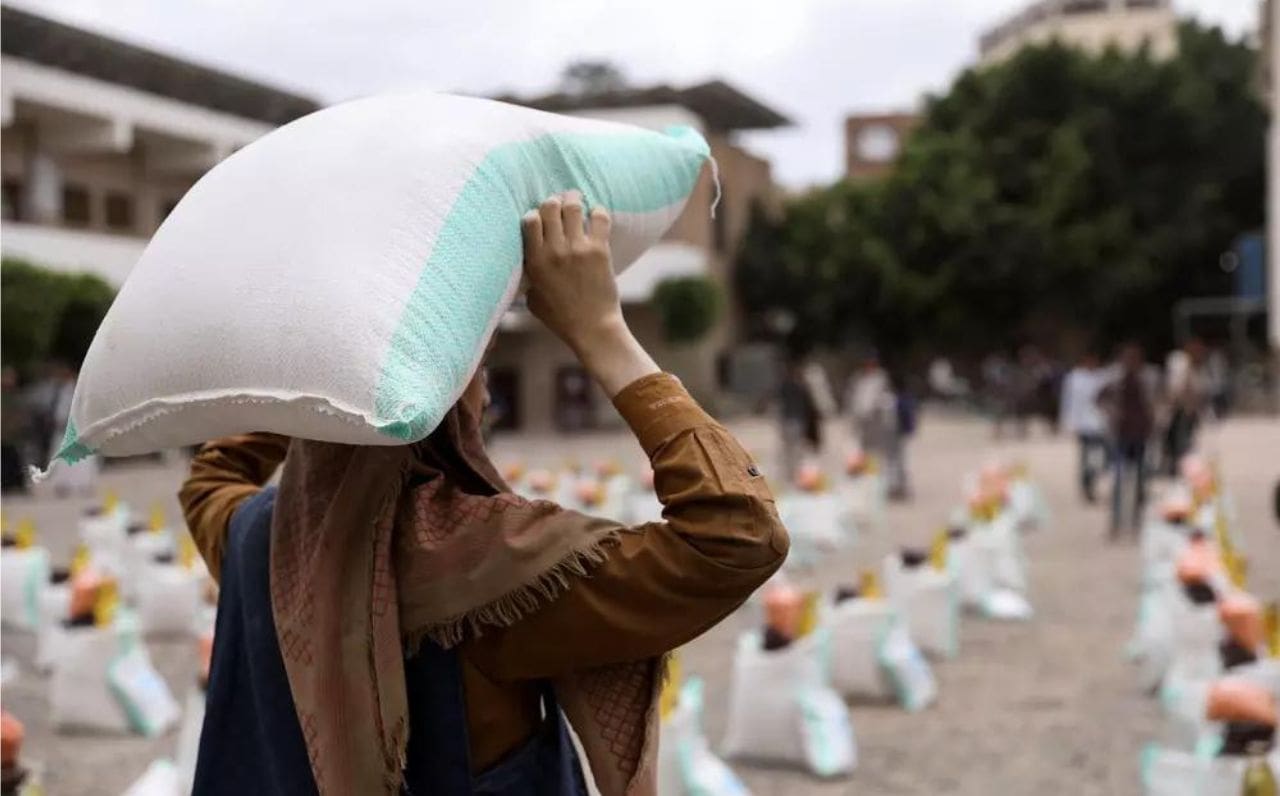Famine, poverty, drought in Afghanistan
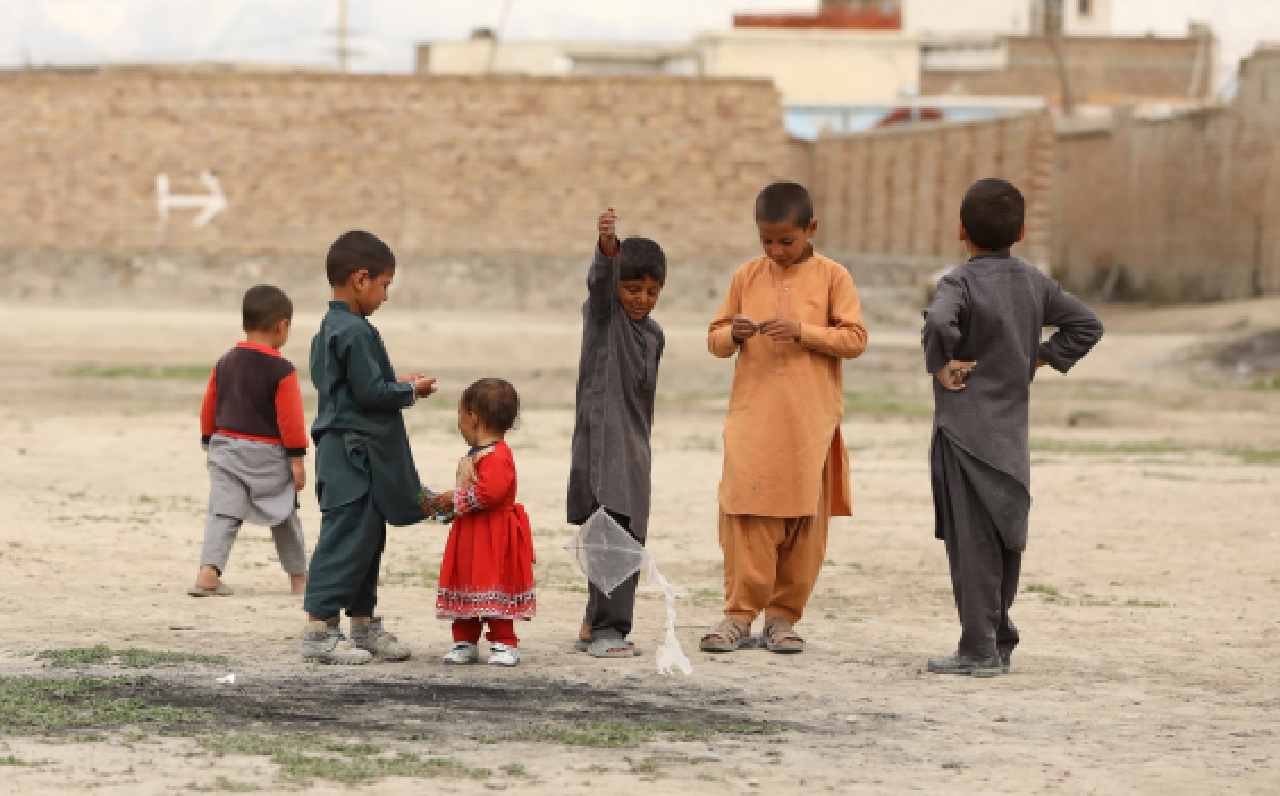
The struggle to save Afghanistan's starving babies.
The young woman was crying, begging the doctor to kill her and her baby. Dr Nuri, an obstetrician in central Afghanistan, was about to deliver the baby by Caesarean section when the mother broke down.
"I don't know how I can stay alive," she said, according to Dr Nuri, "so how can I give birth to another human being?" The women on Dr Nuri's ward are so malnourished that they know they are unlikely to have enough breast milk to feed their children.
Dr Nuri says the wards are so crowded that she has to squeeze past women in labour pressed up against blood-stained walls, or lying on dirty sheets. Most cleaners left her hospital months ago, fed up with working without pay. And the maternity ward is so crowded that sometimes there are several women to one bed. Nearby facilities and private clinics have had to close, and this once prestigious modern hospital in central Afghanistan sees three times the number of women that it used to.
"The maternity ward is one of the happiest wards of any hospital, but not anymore in Afghanistan," says the obstetrician. She says that in just two weeks in September she watched five newborn babies die of starvation.
"It's like hell in here."
Afghanistan was already reeling from severe drought and decades of conflict, but the Taliban's takeover hastened the country's descent towards economic collapse. The slowing trickle of international aid, which propped up the economy and its health system for decades, came to a grinding halt in August. Western donors cited serious concerns in moving money through a government which denies basic rights to women and girls, and threatens harsh Sharia punishments. This means Afghanistan is facing its worst hunger crisis since records began, according to the latest UN figures. About 14m children are expected to suffer acute levels of malnutrition this winter.
Across the country, hospitals treating the starving are on the brink of collapse, with nearly 2,300 health facilities already closed. Doctors in remote areas have reported being unable to provide basic medicines - even something as simple as paracetamol for the gravely ill who have walked 12 hours to seek treatment.
In the capital Kabul, a major children's hospital is seeing some of the country's worst cases of starvation. It's currently running at 150% capacity.
The hospital's director Dr Siddiqi saw a surge in fatalities in September after funding was cut, when up to four children under the age of 10 died every week from malnutrition or related diseases, such as poisoning from poor food hygiene. He says it's the youngest who bear the brunt of the crisis, with most under the age of five arriving too late to be saved.
"These children are [effectively] dying before they're admitted… We lose many cases like this," he says.
For those that do make it in time, there are few resources with which to help them - the hospital is suffering serious shortages of food and medicine, and struggles to even keep the patients warm. There is no fuel for central heating, so Dr Siddiqi now asks staff to cut and collect dried tree branches every day to feed a wood burner. "When we finish the branches we're worried about the next month and what to do next."
On Dr Nuri's maternity ward, regular power cuts are proving fatal. Several premature babies have died when their incubators failed during outages, she says.
"It is so sad to see them dying in front of your eyes."
And she says the power cuts can have potentially fatal implications for patients undergoing surgery too.
"The other day, we were in the operating theatre and the electricity was cut off. Everything stopped. I ran and shouted for help. Someone had fuel in their car and gave it to us so we could run the generator."
So, she says, every time the hospital performs an operation, "I ask people to hurry. It is a lot of stress."
Despite being forced to work under such challenging circumstances, most healthcare staff are not even paid at the moment.
Source & credit: BBC
Photo by Sohaib Ghyasi on Unsplash
Middle east

2021 Dec 04
Africa

2024 May 10
International, Americas

2024 Apr 16
Increasing Arrests and Faceless Victims Revealed in Latest Findings.
Middle east

2024 Feb 23
Escalating Hostilities Prompt International Concern
Africa

2024 Feb 20
SimilarNews
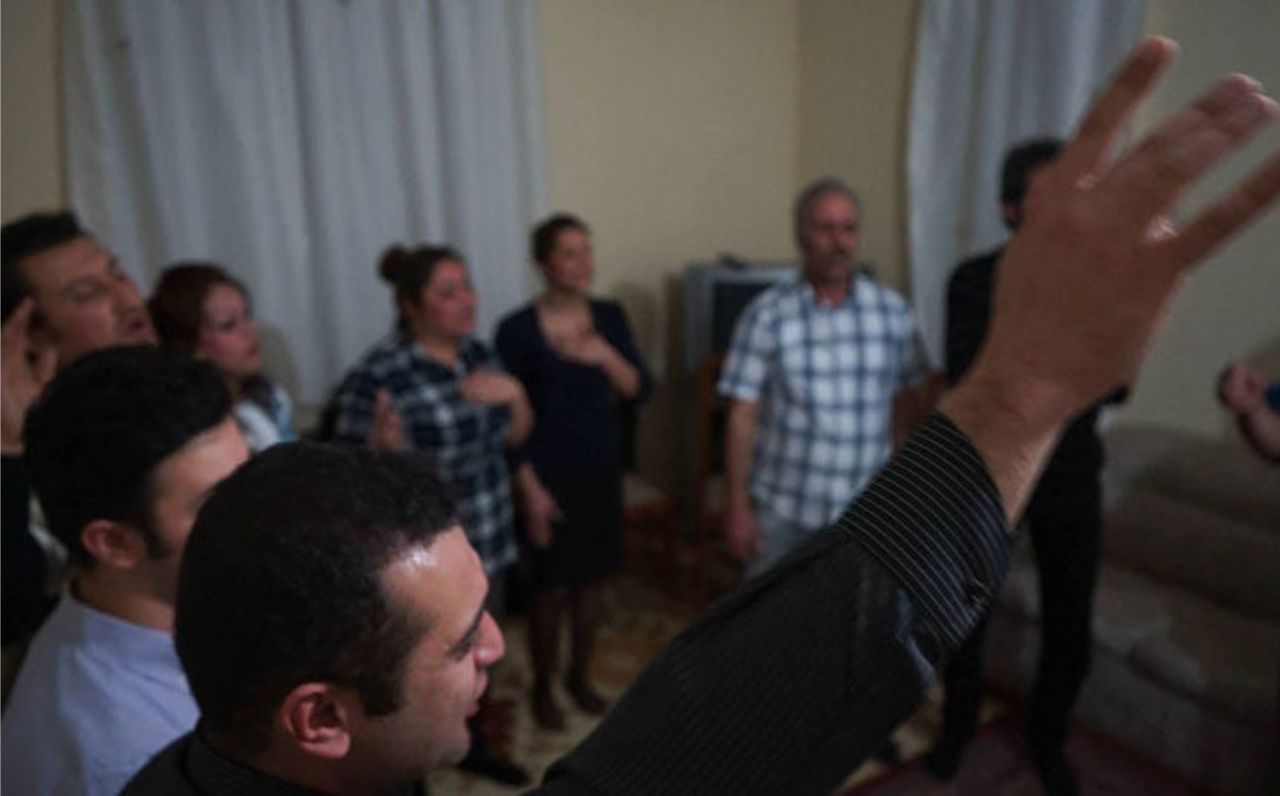 Report Highlights Rights Violations Against Christians in Iran
Report Highlights Rights Violations Against Christians in Iran Increasing Arrests and Faceless Victims Revealed in Latest Findings.
Middle east

2024 Feb 23
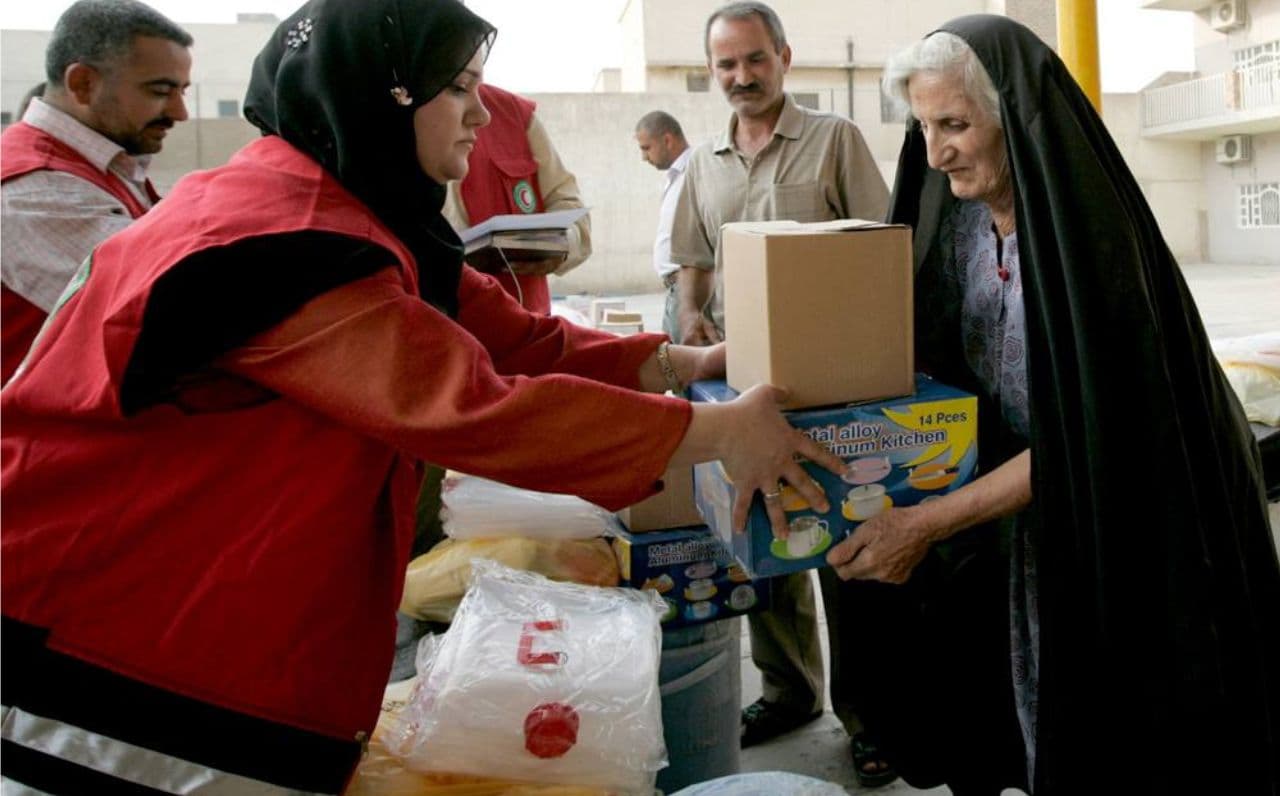 Coalition Strengthens Aid Efforts for Displaced Christians in Iraq
Coalition Strengthens Aid Efforts for Displaced Christians in Iraq Uniting to Provide Crucial Assistance Amid Ongoing Challenges.
Middle east

2024 Feb 19
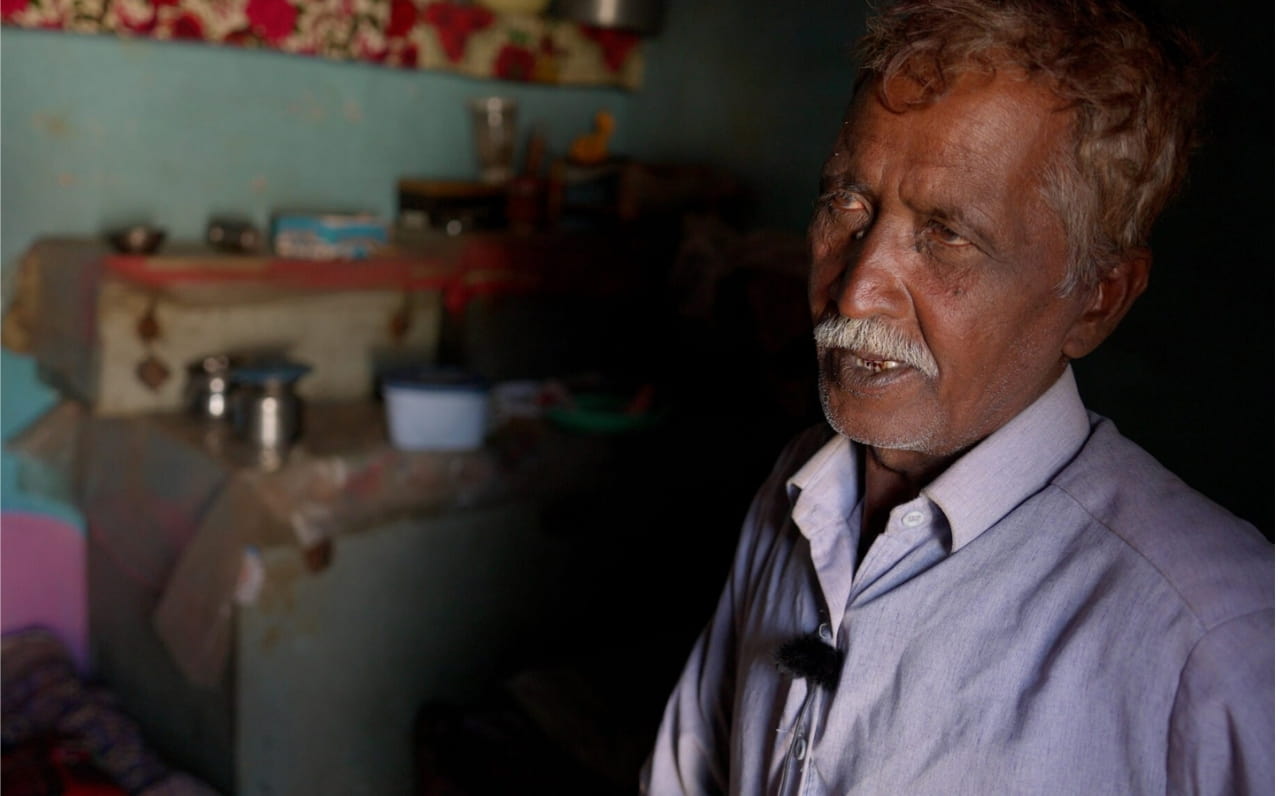 The Chains of Forced Labor and Persecution
The Chains of Forced Labor and Persecution Slavery Grips Pakistan's Christian Minority.
Middle east

2024 Jan 27
Concerns about the detrimental impact on civilians and IDPs.
Middle east

2024 Jan 26
Increasing deportation of Afghan immigrants from Iran and Pakistan.
Middle east

2023 Dec 02
